 As an author with an all-too-vivid
imagination, I've never had a whole lot of trouble with “suspension of
disbelief”. Ghosts, near-death experiences, haunted houses - anything that
frightens or intrigues me is very likely to end up in one of my books.
As an author with an all-too-vivid
imagination, I've never had a whole lot of trouble with “suspension of
disbelief”. Ghosts, near-death experiences, haunted houses - anything that
frightens or intrigues me is very likely to end up in one of my books. I write Urban Fantasy, which is basically fiction that’s set in the real world, yet contains aspects of the supernatural or fantastic. Urban Fantasy was first defined as an acknowledged sub-genre in the late 1980’s and early ‘90s, but in my opinion, “Urban Fantasy” has always been around, from the earliest days when spooky stories were first told around warm fires on cold nights. Ancient gods and goddesses, elves, witches, faeries and werewolves. Dragons, trolls, giants. By the standards of the era (whether it be Classical, the Dark Ages, the Middle Ages, the Victorian, etc.) any of these stories could be considered Urban Fantasy, for they all involved a mixture of the real and the fantastic. Lewis Carroll’s Alice In Wonderland, Mary Shelley's Frankenstein, Bram Stoker's Dracula, Robert Lewis Stevenson's Jekyll and Hyde – these are all fictional tales that were based in the real world, yet include elements of the supernatural.
In Urban Fantasy, the supernatural elements are limited only by the author’s imagination, but certain themes, however, remain constant. These “literary tropes” are at the heart of every good fantasy novel, whether it’s Urban Fantasy, Sci-Fi Fantasy (Star Wars, Star Trek), Historical Fantasy (Lord of the Rings, Game of Thrones), or Young Adult Fantasy (Harry Potter).
1) First comes the over-arching theme of Good vs. Evil. The stakes can be as high as the fate of the world, or as simple as saving the life of one individual, but there is always a goal that serves the greater good. Whether the protagonist is a supernatural bounty-hunter who keeps demons from taking over the world, or a single mom who finds out her neighbor is a vampire, moral dilemmas—and the consequences of them—are a mainstay of Urban Fantasy.
2) Second is the journey of the self – protagonists often start out ill-equipped, or even unwilling, to deal with the situations they find themselves in, but through character development (which the author shows by their ongoing actions and insights), find within themselves the strength to meet ever-increasing challenges.
3) Third is A Major Secret – one that puts the protagonist outside the realm of “normal”, but forces them to behave as though they were just like you and me. By placing the protagonist in an urban, “everyday” setting, the author creates a sense of kinship with the reader, fostering the much-needed suspension of disbelief.
If literary history is any judge, we, as humans,are drawn to the unexplained, the fantastic, the out-of-ordinary. I, for one, am proud to continue the storytelling tradition that began around those long ago fires. I am a writer, yes, but first and foremost, I am a storyteller, and I write Urban Fantasy.
-----------------
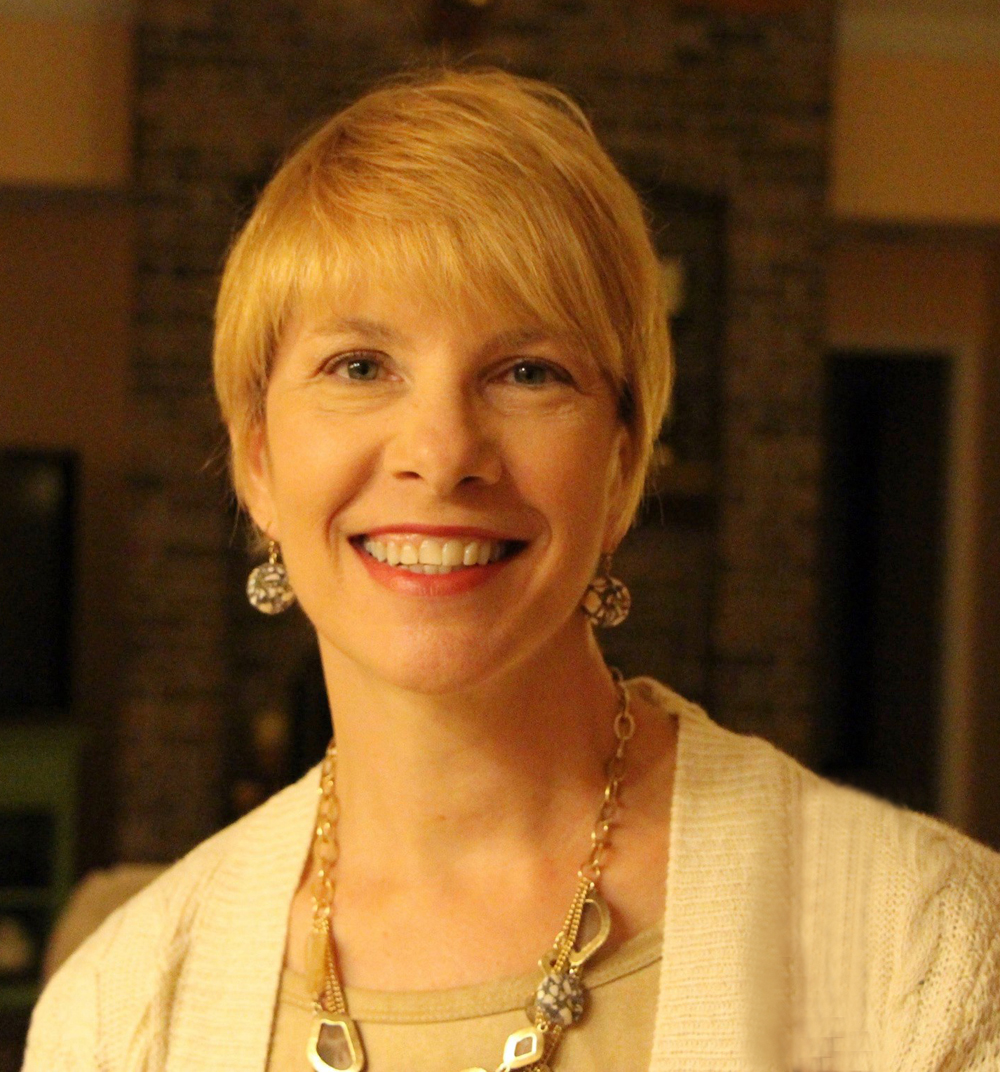 Terri Garey is a Supernatural Underground author who writes award-winning and critically-acclaimed Urban Fantasy. Even though she's a big scaredy-cat who can't watch horror movies or visit haunted houses, she loves moonlit graveyards, moss-covered headstones and the idea that life goes on even after it's over. Her latest release is WHISTLING PAST THE GRAVEYARD, and you can visit her on the web at TGarey.com, or friend her on Facebook.
Terri Garey is a Supernatural Underground author who writes award-winning and critically-acclaimed Urban Fantasy. Even though she's a big scaredy-cat who can't watch horror movies or visit haunted houses, she loves moonlit graveyards, moss-covered headstones and the idea that life goes on even after it's over. Her latest release is WHISTLING PAST THE GRAVEYARD, and you can visit her on the web at TGarey.com, or friend her on Facebook.

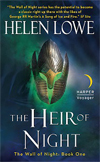
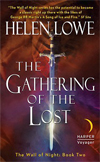
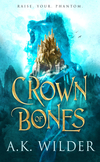
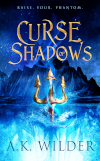
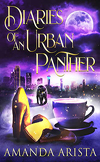
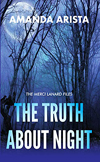

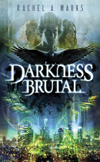
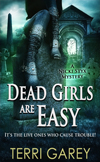
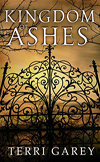
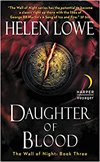
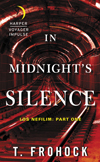
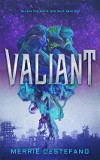
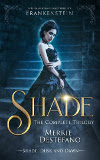

1 comment:
Hear, hear, Terri to "first and foremost, I am a storyteller."
But as a reader, too, I love Urban Fantasy's juxtaposition of the supernatural with the everyday.
Post a Comment